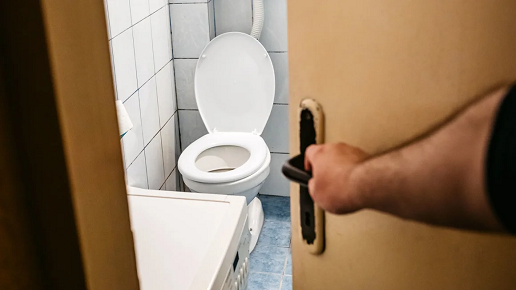How often should you pee? Experts say most healthy people urinate about six to eight times daily. However, the exact frequency depends on factors like fluid intake, lifestyle, and health conditions. Consuming diuretics such as alcohol, tea, or coffee may increase urination, while dehydration or certain health issues can reduce it. Waking frequently at night to pee could signal an underlying problem.
Excessive urination may be caused by conditions like diabetes, urinary tract infections, or overactive bladder syndrome. Stress, pregnancy, and hormonal changes, such as menopause, can also play a role. Minimally invasive treatments like bladder training, medications, or nerve stimulation can help. Stress or anxiety can also make someone need to urinate more frequently.
Stress or anxiety can also make someone need to urinate more frequently.
On the other hand, infrequent urination may result from dehydration, bladder obstructions, or holding it too long, which can increase the risk of infections or kidney problems. Aging and neurological conditions may also contribute to reduced urinary function. Treatments like catheterization or bladder pacemakers are options for those with underactive bladder.
If changes in urination patterns disrupt your life, consult a urologist for a tailored diagnosis and treatment plan. Recognizing these signs early can prevent complications and improve quality of life.







